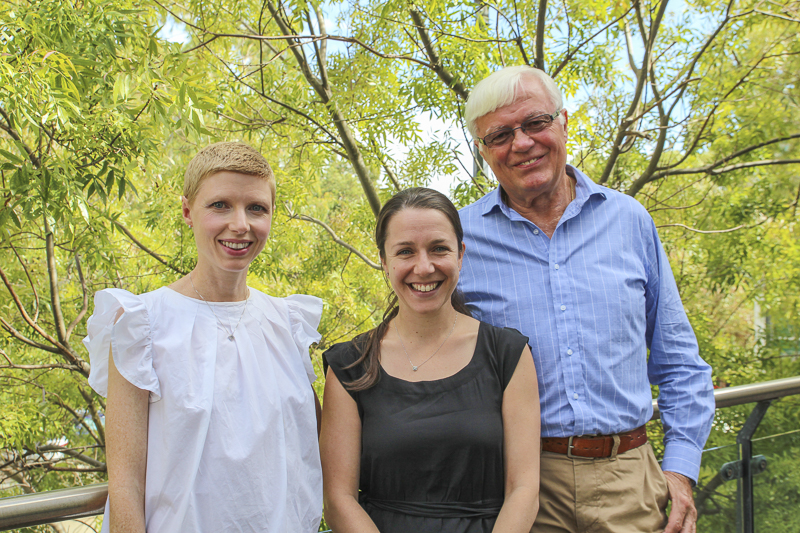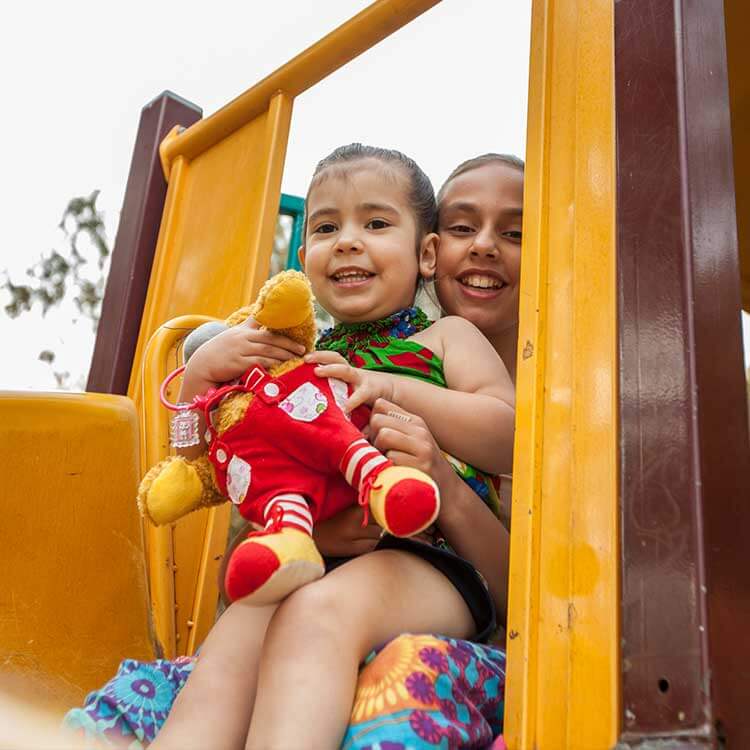Search
Research
Baseline grey matter volume of non-transitioned "ultra high risk" for psychosis individuals with and without attenuated psychotic symptoms at long-term follow-upThis study found that differences in regional grey matter volume are discernible at an early stage of ultra-high risk psychosis
Research
Psychotic experiences and their significanceClinical perspective from the ultra high risk (UHR) paradigm, that aims to identify people at high risk of psychotic disorder
Research
Risk perception and risk-taking behaviour during adolescence: The influence of personality and genderThis study investigated the influence of personality characteristics and gender on adolescents' perception of risk and their risk-taking behaviour.
Research
Longer-term increased cortisol levels in young people with mental health problemsHair segment analyses revealed longer-term increased levels of cortisol in the past 3 months in early mental health problems
Research
Declining transition rates to psychotic disorder in "ultra-high risk" clients: Investigation of a dilution effectLater ultra-high risk psychosis cohorts presented with different clinical intake characteristics than earlier cohorts
Research
Neighbourhood characteristics and the rate of identification of young people at ultra-high risk for psychosisThis study aimed to determine if the rate of identification of young people at ultra-high risk for psychosis was associated with the level of social deprivation
Research
Response to Comment on Lin et al. Risk Factors for Decline in IQ in Youth With Type 1 Diabetes Over the 12 Years From Diagnosis/Illness OnsetThis editorial response addresses each of the concerns raised by Lin et al. RE: Risk Factors for Decline in IQ in Youth With Type 1 Diabetes Over the 12...
Research
A systematic review: Identifying the prevalence rates of psychiatric disorder in Australia's Indigenous populationsA systematic review: Identifying the prevalence rates of psychiatric disorder in Australia's Indigenous populations.

News & Events
Giorgetta Family FellowshipWith mental health issues an escalating problem among young people, looking after the mental health of future generations has never been more

News & Events
Australian researchers join international project to curb unhealthy lifetime trajectoriesAustralian researchers join global effort to better understand how events during pregnancy and childhood influence the development of disease later in life.
